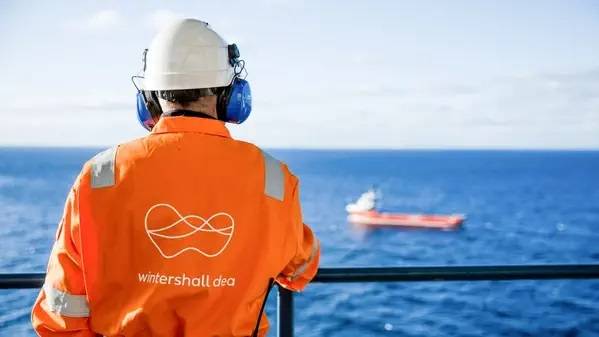
German oil and gas producer Wintershall Dea on Wednesday tried to assuage fears that the hit from its planned Russian exit could be too painful, saying its remaining operations were strong and stable.
Chief Executive Mario Mehren told Reuters that the company considered its Germany, Norway, North Africa and Latin America businesses as core to safeguarding future gas and oil production as well as shifting to green gases and carbon management.
"In my view, our remaining portfolio is a strong and balanced one in which we ensure sensible risk diversification," he said.
Wintershall Dea has relied on Russia for decades but decided to legally separate its local activities, including joint ventures with Gazprom and its stake in the Nord Stream pipeline, in the wake of Moscow's invasion of Ukraine. That essentially strips it of half its output and 60% of its reserves.
Mehren said that Russian authorities were making an exit difficult, a fate shared by other Western groups, which, according to sources, face strenuous demands, including large discounts, as a price to divest their local assets.
"In Russia, there is a high level of negative creativity in order to keep building up new hurdles (when separating) and making it more difficult for us to withdraw," he said.
His comments come a day after Wintershall Dea, a joint venture of BASF and Russian billionaire Mikhail Fridman's investment firm LetterOne, announced it would axe a quarter of jobs as a result of the Russian exit.
The move is part of efforts by Germany to sever ties with what was formerly the country's most important energy partner and biggest supplier of natural gas, a direct response to Russia's invasion of Ukraine.
Wintershall Dea and Uniper, which had to be nationalized, have been the German firms most affected by this economic and geopolitical rethink.
Wintershall Dea said the legal separation of its Russian asset was expected to be completed by mid-2024, leaving open whether this included a possible sale.
It confirmed investments would be between 1 billion and 1.2 billion euros ($1.1 billion to $1.3 billion) in 2023, but added the final amount would likely be in the mid to lower part of that range.
($1 = 0.9322 euros)
(Reuters - Reporting by Vera Eckert and Tom Kaeckenhoff; Writing by Christoph SteitzEditing by Miranda Murray and Peter Graff)



